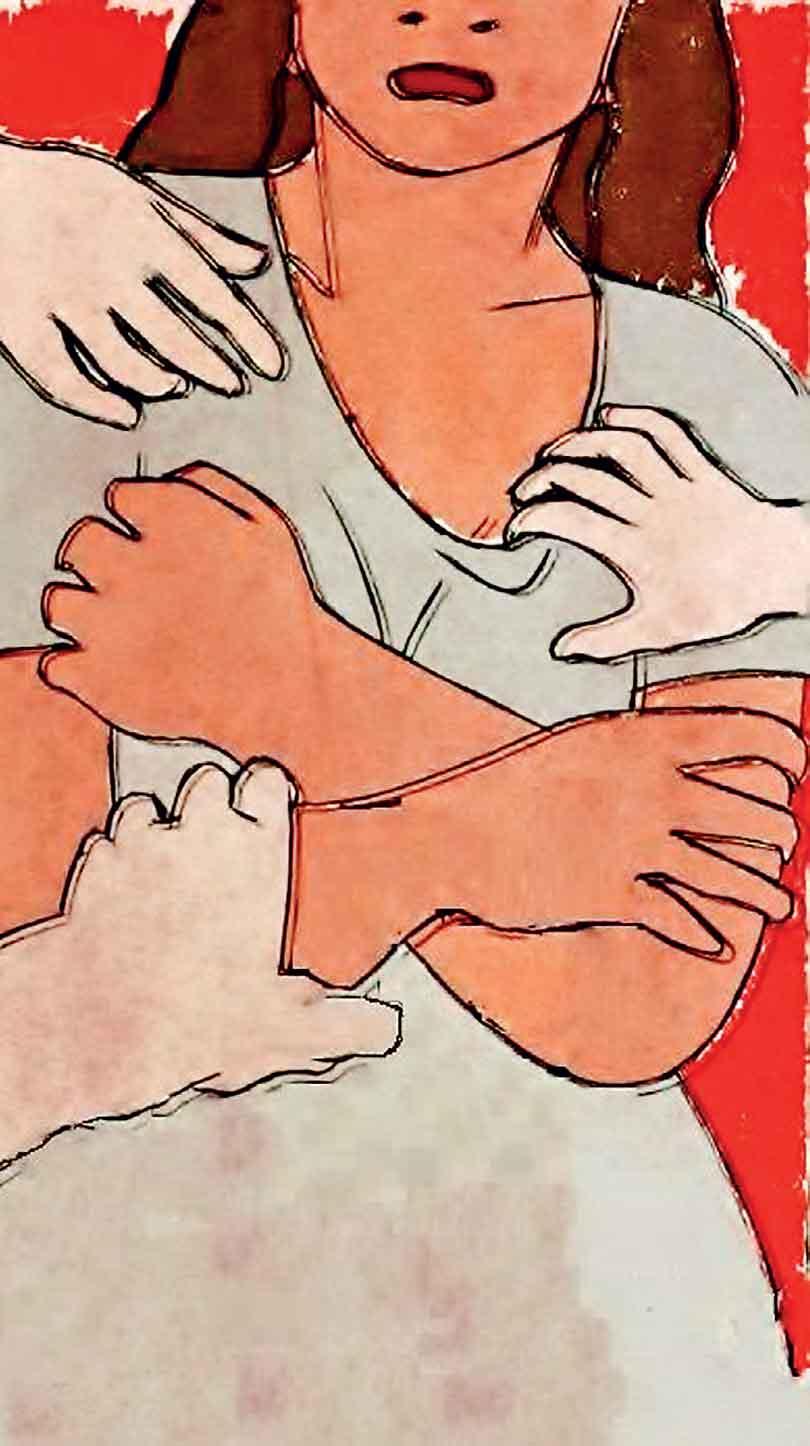




The human experience includes suffering and adversity.
Sitting with someone in their sadness without attempting to make them feel better, dismiss it, or make them feel better can sometimes be the most impactful act of kindness.
In today’s world, where social media is overflowing with #GoodVibesOnly, perfectly curated smiles, and motivational captions, it often feels like there’s no room for real emotions.
1
Whether you’re scrolling through Instagram or watching cheerful YouTube vlogs, the message is clear: “Stay positive, no matter what. "But what if you’re not okay? What if you’re drowning in bills, burned out from work, or silently battling anxiety? That’s when toxic positivity creeps in, the pressure to smile through suffering, to be “grateful” when your world feels like it’s falling apart.
2
For instance, someone may hear statements like "You'll be fine, just smile!" if they disclose that they are having anxiety problems or are overburdened with exams. or "Be thankful, it could be worse." Despite their apparent kindness, these remarks frequently minimize the other person's emotions. They encourage people to hide their discomfort and act as though everything is fine, rather than promoting emotional honesty. The overgeneralization of a joyful, upbeat state to all circumstances, even when someone is going through intense emotional pain, is referred to as toxic positivity. It's the notion that one must maintain optimism no matter how challenging or painful life becomes. This seems like resilience on the surface. However, in practice, it can suppress emotional expression and deny the validity of people's true emotions.
3
Let's say someone recently lost their job. When they confide in a friend about their concerns, the friend responds, "Everything happens for a reason," or "At least you have your health." These responses might seem encouraging, but they don't provide genuine consolation or empathy and ignore the person's real suffering. This is closely related to the idea of toxic positivity, which holds that people are under pressure to remain positive even in the face of adversity. Even though such remarks may have the best of intentions, they can cause emotional isolation. The individual might believe that in order to live up to others' expectations of being "strong" or "positive," they must repress their true emotions. This may eventually result in emotional exhaustion, elevated stress levels, and a reluctance to reopen. Sitting with someone in their suffering and not attempting to cheer them up with platitudes is what it means to be genuinely supportive or a student talks candidly about feeling overburdened by anxiety and stress related to exams. They hear statements like "Just be thankful you're even studying" or "You'll be fine, others have it worse," rather than sympathy or understanding. Such reactions may be intended to reassure, but in reality, they convey the idea that their stress is unjustified, or worse, that they should feel guilty about experiencing it.
Anyone experiencing distress, including the student, may start to feel that their emotions are too great for other people to manage. They begin to suppress their emotions, put on a happy front, and act as though nothing is wrong. More severe problems like burnout, ongoing stress, depression, or anxiety may result from this over time. The existence of human emotion is denied by toxic positivism. Life is about more than just good times; it's also about suffering, development, adversity, and healing. We lose out on chances to heal ourselves and form meaningful connections with others when we choose to ignore the uncomfortable emotions.
4
Empathy and validation are the first steps towards providing genuine, non-toxic support. It entails being totally present with someone while they are experiencing pain, without hurrying to alleviate it, downplay it, or cover it up with meaningless optimism. Genuine support sounds more like this: "That sounds really tough," rather than dismissive platitudes. "I'm here to support you," or "It's acceptable to feel angry." A person is reminded that their feelings are acceptable and valid by these kinds of responses, which also validate their experience. Sayings like "You don't have to be positive right now" or "Would you like to talk about it more?" provide a safe, accepting environment where people can talk about their struggles without worrying about being misinterpreted or kept silent. Sometimes just sitting and listening is the most meaningful thing we can do.
Indeed, and it's critical to address how toxic positivity and harmful cultural norms can permeate deeply traumatic and serious issues like abuse and gender-based violence, going well beyond personal struggles. People are frequently advised to "keep positive" or "just move on" in the face of severe harm in some societies, including marriages. If a woman discloses that her husband is abusing her, for instance, she may be told, "Be patient, all marriages have problems," or "At least he provides for the family." In addition to lessening her suffering, this puts pressure on her to keep quiet in order to maintain appearances. Even more alarming is the fact that women and girls are frequently advised to remain silent when someone is raped, whether in a community, marriage, or family. Because "you're a girl, and girls must learn to endure," or "for the sake of honor." These viewpoints are extremely harmful in addition to being poisonous. They maintain a culture of shame, fear, and inequality while silencing victims and shielding abusers. Listening to survivors, believing them, and fostering a culture in which speaking up is greeted with compassion, fairness, and safety rather than with silence or imposed optimism are all components of true support. Being a woman or girl should never entail being told that your voice is unimportant or having to endure suffering in silence.
Life isn't always sunshine and rainbows, and that's okay. The human experience includes suffering and adversity. Vulnerability is a strength. Recognizing pain takes courage. Additionally, sitting with uncomfortable feelings rather than avoiding them can be therapeutic. We can achieve greater understanding, connection, and resilience by letting ourselves and others experience the whole range of emotions. True emotional strength is the capacity to be honest with ourselves, feel what we need to feel, and ask for help when we need it, not the ability to be optimistic all the time.
The entire spectrum of human emotion is denied by toxic positivity. Life is about more than just the good times; it's also about hardship, development, heartache, and recovery. We miss the chance to process suffering, grow from it, and establish deeper connections with people when we ignore unpleasant feelings. Positive thinking and inspirational sayings aren't always the best ways to find true support. Sitting with someone in their sadness without attempting to make them feel better, dismiss it, or make them feel better can sometimes be the most impactful act of kindness. "It's okay to not be okay," says true empathy.











